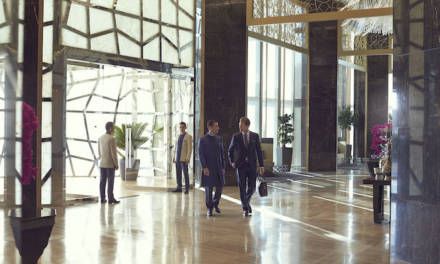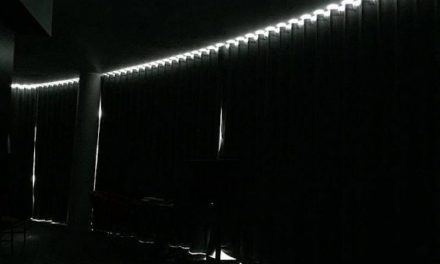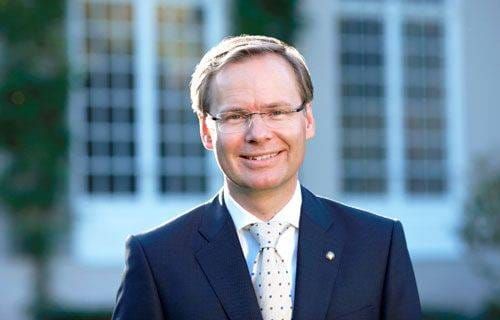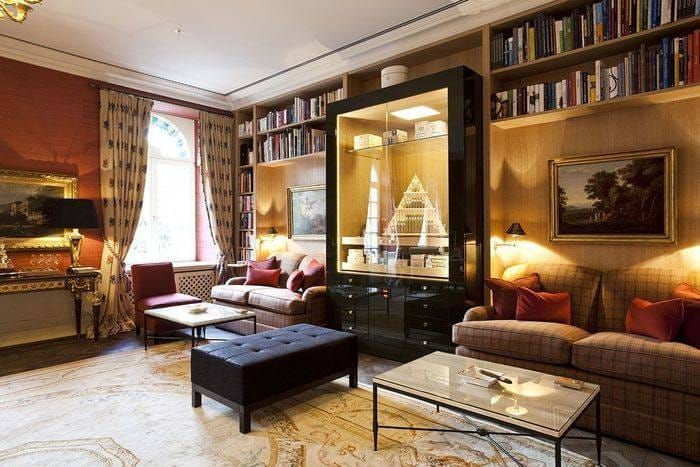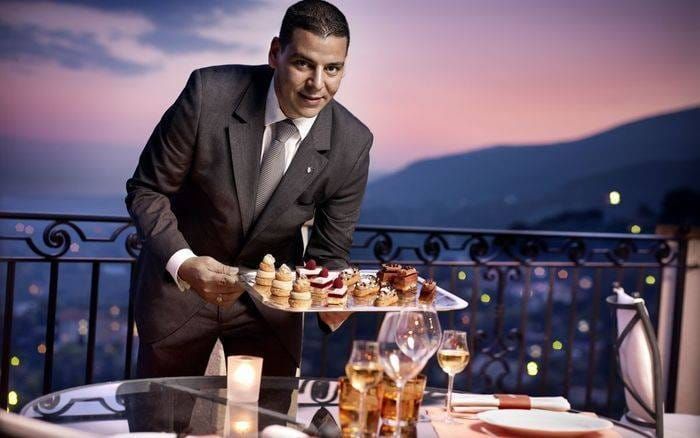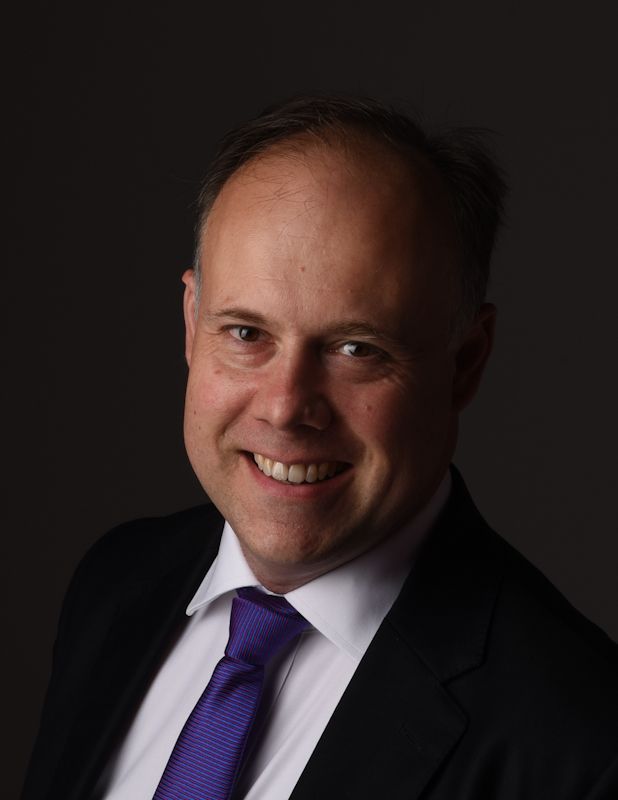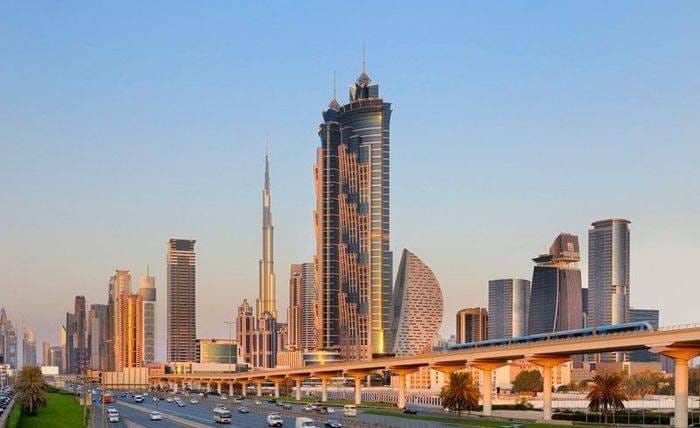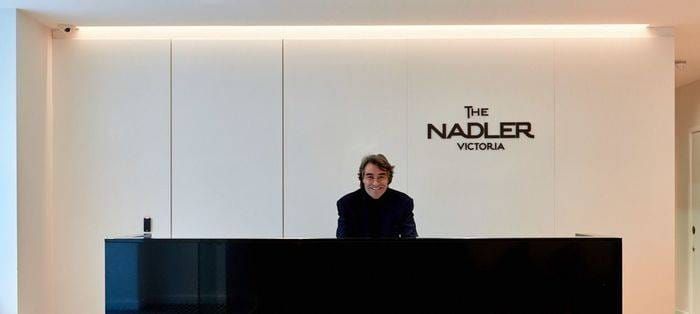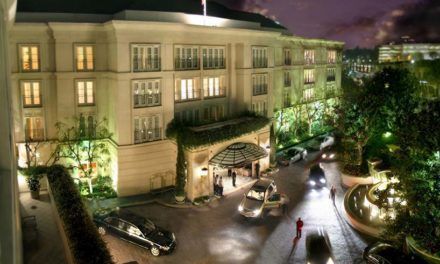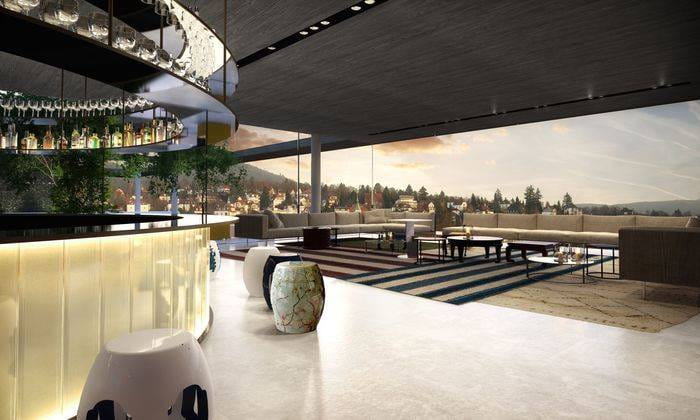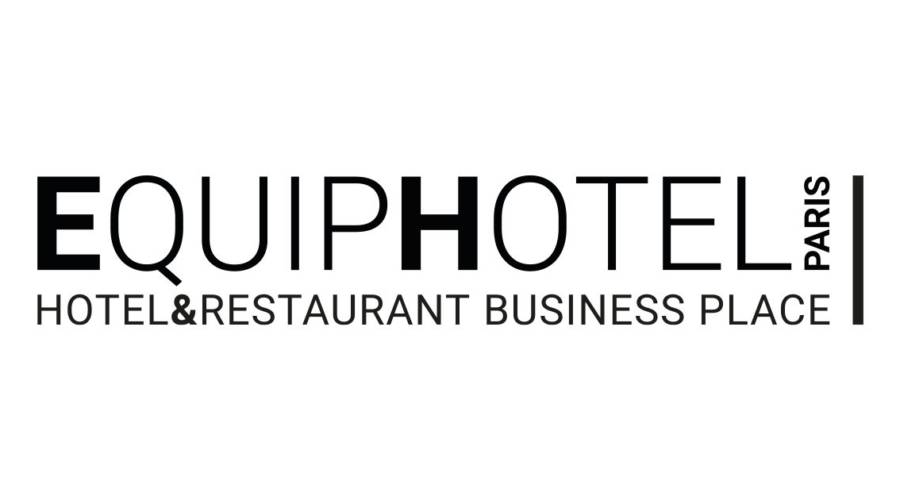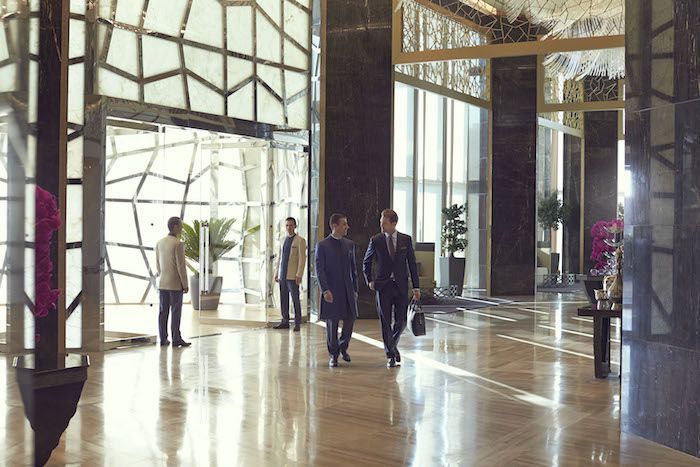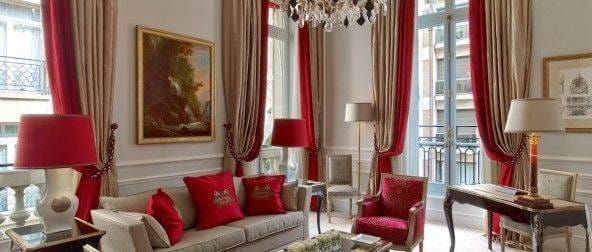Discovering the Oetker Collection
I had the pleasure of visiting the marvelous and mythical city of Baden-Baden in Germany. This is a city rich in history, tradition, and nature. It is a holiday resort and a thermal station in the middle of the Black Forest. The German word ‘Baden’ means ‘baths’ and stands in reference to the Roman thermal baths that were at the origin of the creation of this city. The city then developed more fully in the 19th century thanks to its casino, horse-racing circuit, theatre, and hotels.
The city also hosts one of the most beautiful hotels in Germany that has succeeded in evolving over the course of the years. I am referring to the mythical Brenners Park-Hotel & Spa, which has ranked on my list of hotels that I have been waiting to discover. It is in this hotel that the French president Charles de Gaulle and the German chancellor Konrad Adenauer decided to meet on February 15, 1962 to launch the European project.
This is one exquisite hotel. It boasts more than 140 years of existence, over which each generation of employees have passed down their savoir-faire and expertise in service to their clients. This is a true art of welcoming which has thus been transmitted.
The Cigar Lounge in Brenners Park-Hotel & Spa
This hotel belongs to the Oetker Collection, which holds its international headquarters at the hotel itself. It is on this occasion that I was able to meet Frank Marrenbach, CEO of Oetker Collection. We had a great exchange on our passions and his vision of the luxury hotel industry.
What is your vision of the luxury hotel industry in 10 to 15 years, and what is the Oetker Collection doing to prepare itself?
The quality of service is becoming more and more important. It’s about finding the right service staff that possess at once the capacity and the talents to deliver to the appropriate establishment. Oetker Collection would thus love to position itself as an enterprise attracting these talents.
All while remaining a relatively small-scale business, we pursue a global strategy to conquer new markets and export our art of welcoming.
It’s also important to be prudent in terms of marketing strategy and positioning. We are in the 5-star luxury hotel market, and metropolitan cities are extremely important for us. We would love to balance a bit our wallet with cities like Berlin, Rome, Tokyo and Singapore. These cities attract more and more people and talents. It’s important to be present in these large cities to keep our business running and help it shine throughout the world. This, for instance, is why New York is important: everyone goes there. Making the choice to be in large cities is acting on behalf of clients and employees.
It is important to pay attention to opportunities that present themselves: each pearl on a necklace has a particular value, just as each hotel must have a particular added value, beyond the financial side.
How do you accompany the evolution of new technologies with relation to your current and potential clients? How does luxury evolve?
First of all, it’s a constant voyage. Our hotels are in constant evolution. We act in order to introduce these technologies. It’s not just about targeting young people, but everyone. Technology can come across as a complex; you have to find the possibility of presenting it in a simply way. At the end of the day, the client only stays a few days in his room, which means he won’t necessarily want to take the time to learn how to use a new technology to, for instance, turn on the light.
On the other hand, young people have different expectations. For them, luxury must be much more relaxed. Take the tie, for instance: it’s a symbol, but when I travel or spend several days with my family, I never wear it (even if I love my tie). In the same way, the table service has completely changed: plates are no longer announced formally the way they used to be. Our young employees have a new vision of luxury and hospitality. For instance, forbidding beards is now impossible since you risk losing employees.
You also have to be able to create spaces where you feel good in the presence of new technology. In some of our hotels, for instance, it’s possible to turn off the WiFi. It’s not about no longer working; it’s just about getting better sleep. Our clients are so overworked that they have to find ways to disconnect for a couple of days.
Service at Chateau Saint-Martin & Spa
To return to your question, the world is constantly changing and evolving. We are well prepared for these changes, and frankly, I’m not too concerned about them. The major changes going on at the moment are related to service. To give an example, a few years ago, no one would have believed that AirBnb could have rivaled luxury hotels. A 100 m2 in an AirBnb close to Trocadéro in Paris costs 2 or 3 times less than a hotel room of the same surface area at the Bristol Hotel. As a result, we have to focus on creating spaces where people will want to meet up: a café, a restaurant, a bar, events, security. It’s the service, therefore, that allows an establishment to differentiate itself. For instance, our head concierge knows our clients and their needs. Speed is a key element of service, but it’s not the only one; there is also a large part of humanity in our service. So you should not leave behind the heart of our activity: service for our clients.
Laurent Delporte, an editor and conference speaker, is a strategic expert in the sector of hotels. A visionary, he brings his unique look on hotels in service to the decision-makers in the industry, whether to enhance the development of new projects or strategic visions.
Laurent has visited and audited over 350 hotels across the world and also participates in mystery visits to provide quality control for the world’s finest hotels.


 HOME
HOME